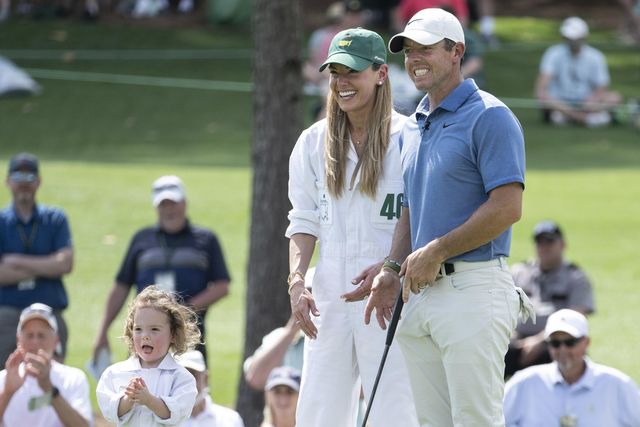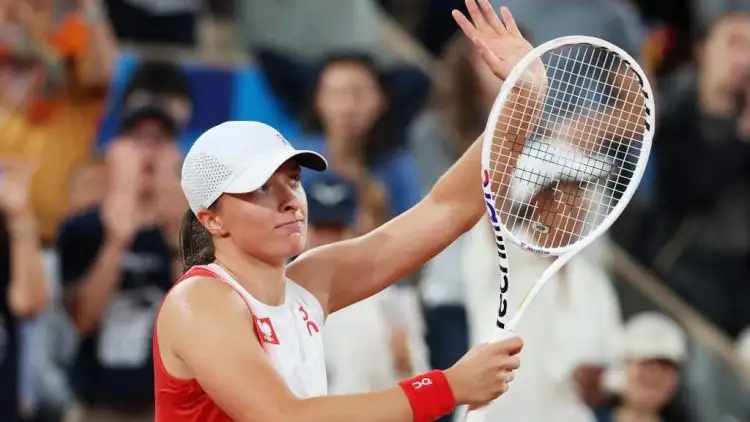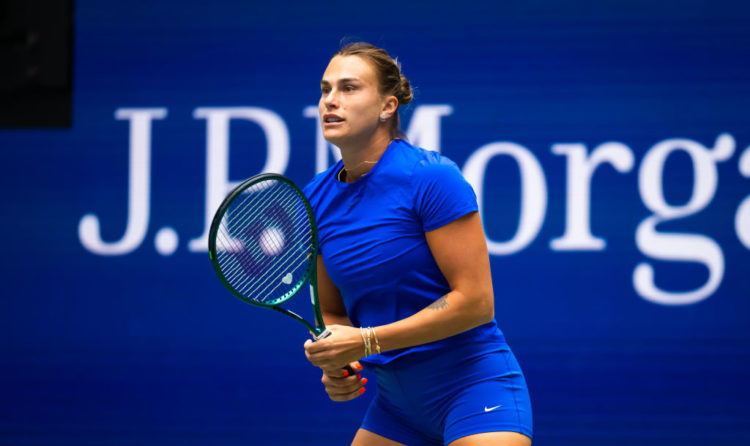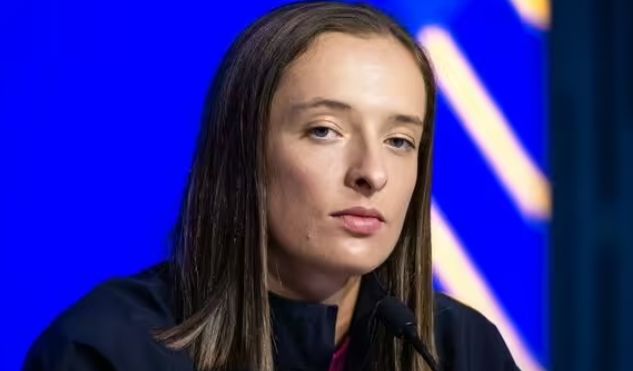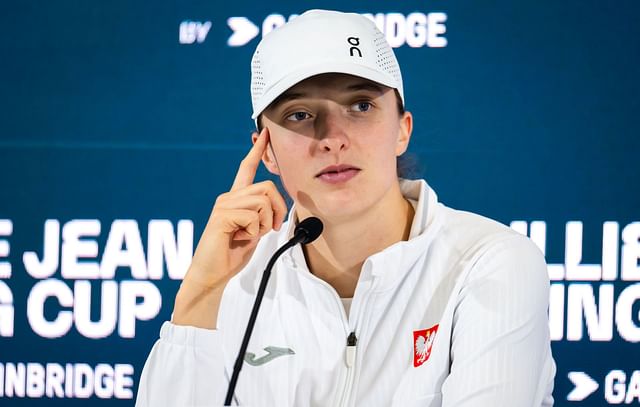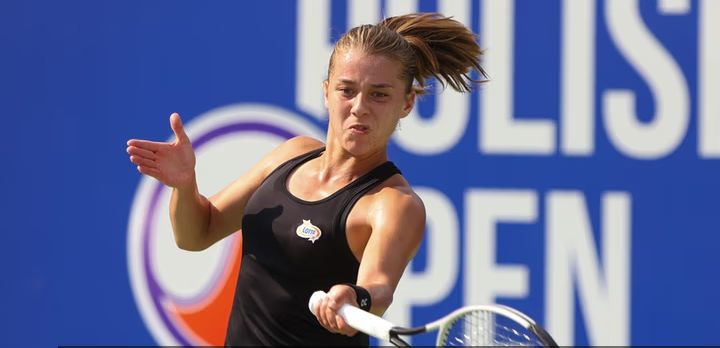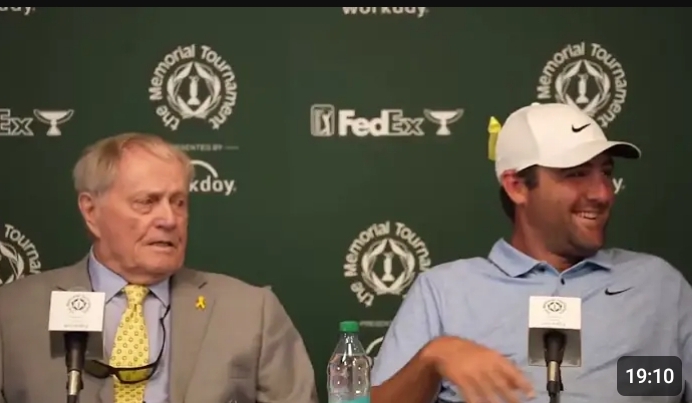Rory McIlroy took time off this year ‘to realise what was important’ to him after calling off divorce from wife Erica Stoll
In a startling confession that has left the sports world reeling, Rory McIlroy has disclosed the profound personal struggles that led him to a pivotal break from golf earlier this year. Speaking candidly on the season premiere of RTÉ’s *Late Late Show*, McIlroy revealed that his decision to step back from the game was not solely about sports but deeply intertwined with a personal crisis that saw him confronting the very core of his life’s priorities.
The world-renowned golfer, who has dominated the greens with unparalleled skill, shared that his intense focus on golf had begun to overshadow all other aspects of his life. “Life can get a lot, and it can get too much,” McIlroy told host Patrick Kielty, reflecting on how the pressures and demands of his career had become overwhelming. He admitted that taking time off was crucial for him to reconnect with what truly mattered.
In a dramatic turn of events earlier this year, McIlroy and his wife, Erica Stoll, appeared to be on the brink of separation. Court records from Florida revealed that the golf superstar had filed for divorce in May, only for the case to be abruptly dismissed in June, signaling a dramatic reversal in their relationship status. The couple, who married in 2017 at the picturesque Ashford Castle in County Mayo, had been facing what many perceived as irreconcilable differences.
The dissolution of the divorce proceedings came as a shock to fans and observers alike, as McIlroy and Stoll, who share a young daughter, Poppy Kennedy McIlroy, seemed to be on the verge of parting ways. In June, McIlroy publicly expressed his desire to move forward together as a family, a sentiment echoed in a statement from his spokesperson emphasizing a desire for respect and privacy during this turbulent period.
In his recent interview, McIlroy disclosed that his intense focus on golf and its business aspects had become all-consuming. “Golf and the business of golf had become all consuming for me for the last couple of years,” he revealed. “I needed to take a bit of time away to realize what was actually important to me.” His break from the sport was not just a physical separation but an emotional recalibration, allowing him to reconnect with his values and relationships.
Amidst these personal revelations, McIlroy also touched on his hopes and dreams for his daughter’s future. While he humorously noted that they had bought Poppy her first set of golf clubs, he made it clear that he would fully support her, whatever path she chooses. “If she did [become a golfer], I would be 100% supportive,” he stated. “But at the same time, I wouldn’t mind if she did something different.” His concern extended to protecting her from the pressures of fame and social media, underscoring his desire for her to have a balanced and fulfilling life.
The golfer’s comments reflect a broader narrative of personal growth and the reevaluation of life priorities amidst professional success. His story is not just about the trials of a high-profile sports career but also about navigating the complexities of personal relationships and finding a path to genuine happiness.
As McIlroy continues to navigate his career and personal life, his experiences offer a poignant reminder of the human side of professional athletes. The revelation of his struggles and the impact on his family life resonate beyond the sports community, highlighting the universal challenge of balancing career ambitions with personal well-being.
In this tumultuous year, McIlroy’s journey from a potential divorce to a renewed commitment to his family illustrates the profound impact of personal crises on even the most successful individuals. His story serves as a compelling reminder of the importance of staying true to one’s values and priorities, no matter how high the stakes may be.
